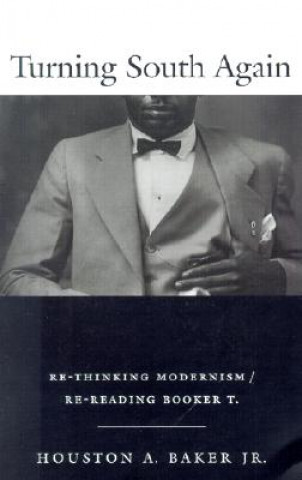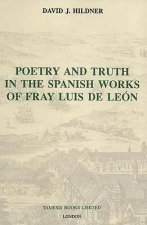
Consegna
Guida all'acquisto





Non ti piace? Non importa! Puoi restituircelo entro 30 giorni
 Buono sconto
Di qualsiasi valore
Buono sconto
Di qualsiasi valore
Non puoi sbagliarti con un buono regalo. Con il buono regalo, il destinatario può scegliere qualsiasi prodotto della nostra offerta.
Turning South Again
 Inglese
Inglese
 75 b
75 b
30 giorni per il reso
Potrebbe interessarti anche


In Turning South Again the distinguished and award-winning essayist, poet, and scholar of African-American literature Houston A. Baker, Jr. offers a revisionist account of the struggle for black modernism in the United States. With a surprisingly different take on the work of Booker T. Washington and the Tuskegee Institute than in his earlier book Modernism and the Harlem Renaissance, Baker combines historical considerations with psychoanalysis, personal memoir, and whiteness studies to argue that the American South and its regulating institutions - particularly that of incarceration -are at the centre of the African-American experience. From the holds of slave ships to the peonage of Reconstruction to the contemporary prison system, incarceration has largely defined black life in the United States. Washington's school at Tuskegee, Baker explains, housed and regulated black bodies no longer directly controlled by slave-owners. He further implicates Washington by claiming that - in enacting his ideas about racial "uplift" - Washington engaged in "mulatto modernism," a compromised attempt at full citizenship. Combining autobiographical prose, literary criticism, psychoanalytic writing, and, occasionally, blues lyrics and poetry, Baker meditates on the consequences of mulatto modernism for the project of black modernism, which he defines as the achievement of mobile, life-enhancing, public sphere participation and economic solvency for the majority of African-Americans. By including a section about growing up in the South and his recent return to assume a professorship at Duke, Baker contributes further to one of the book's central concerns: a call to centralise the South in American cultural studies.
Informazioni sul libro
 Inglese
Inglese
Categorie


 Contatto
Contatto Come acquistare
Come acquistare




















